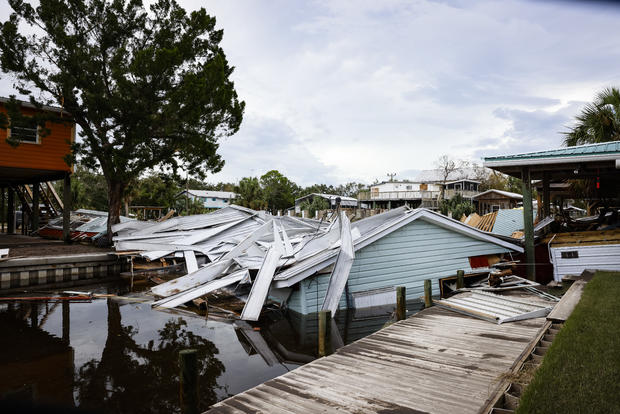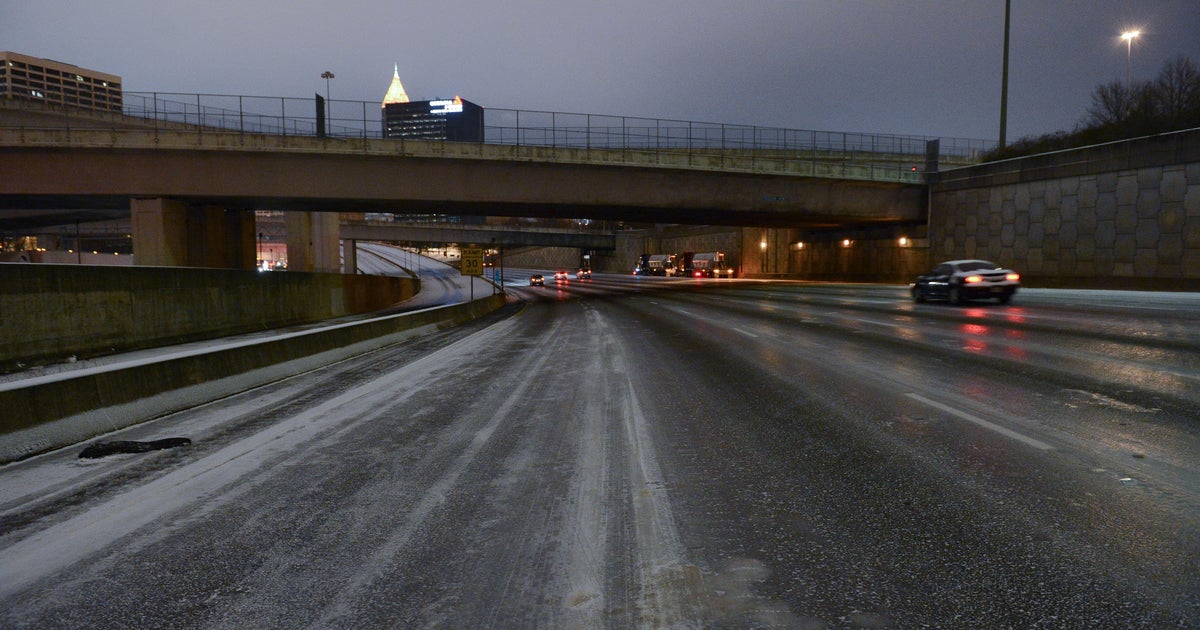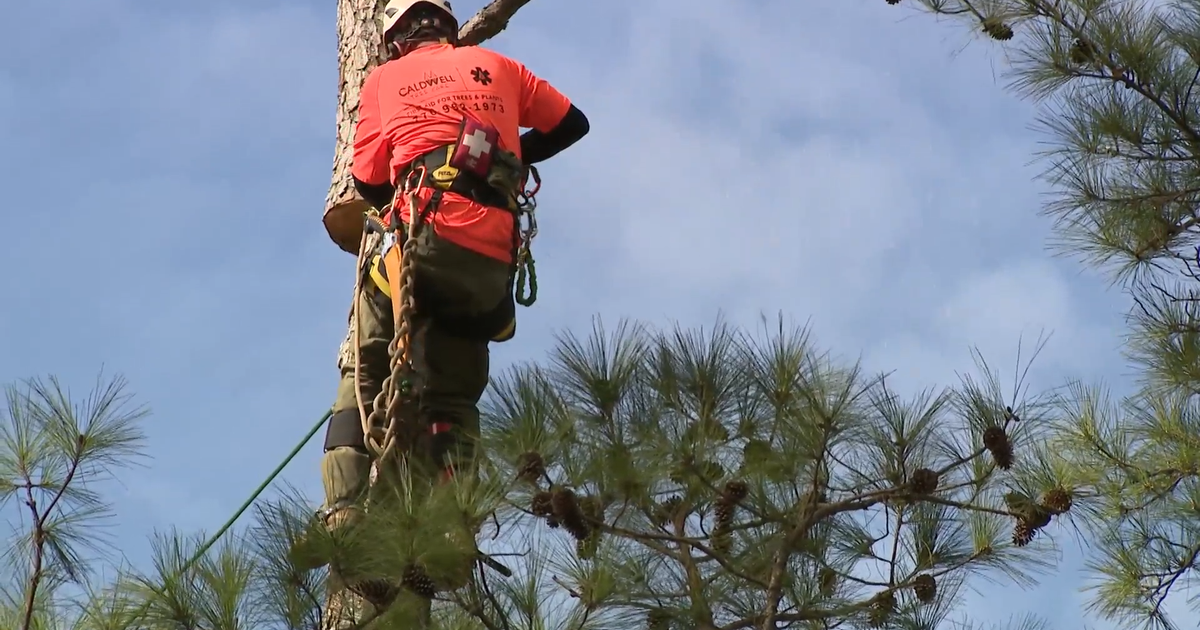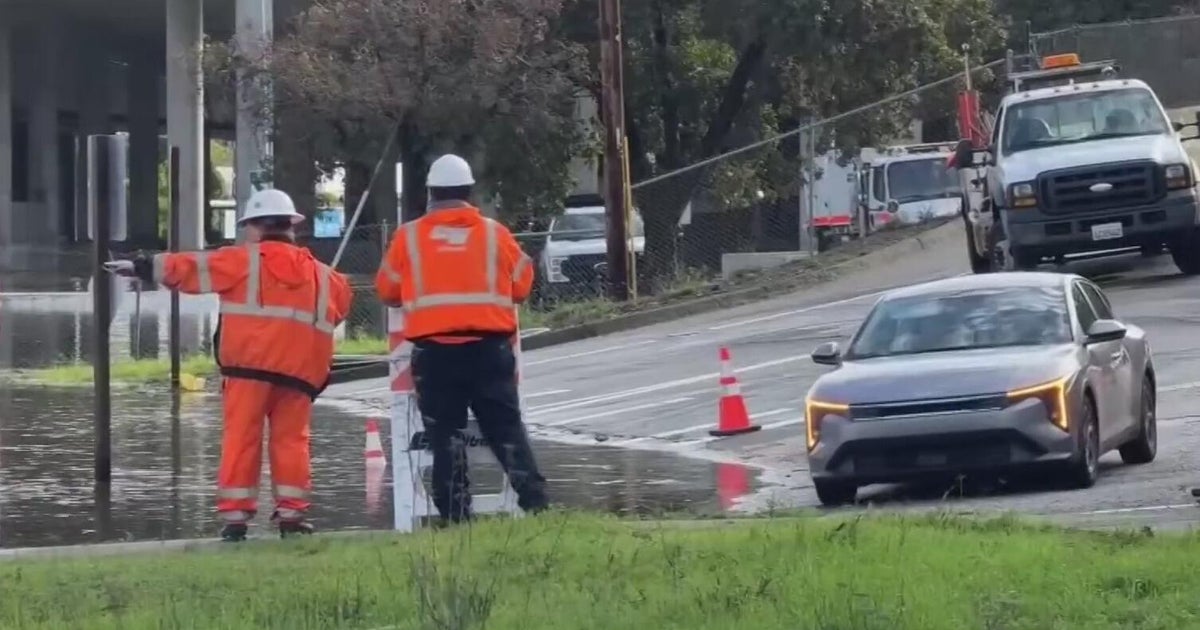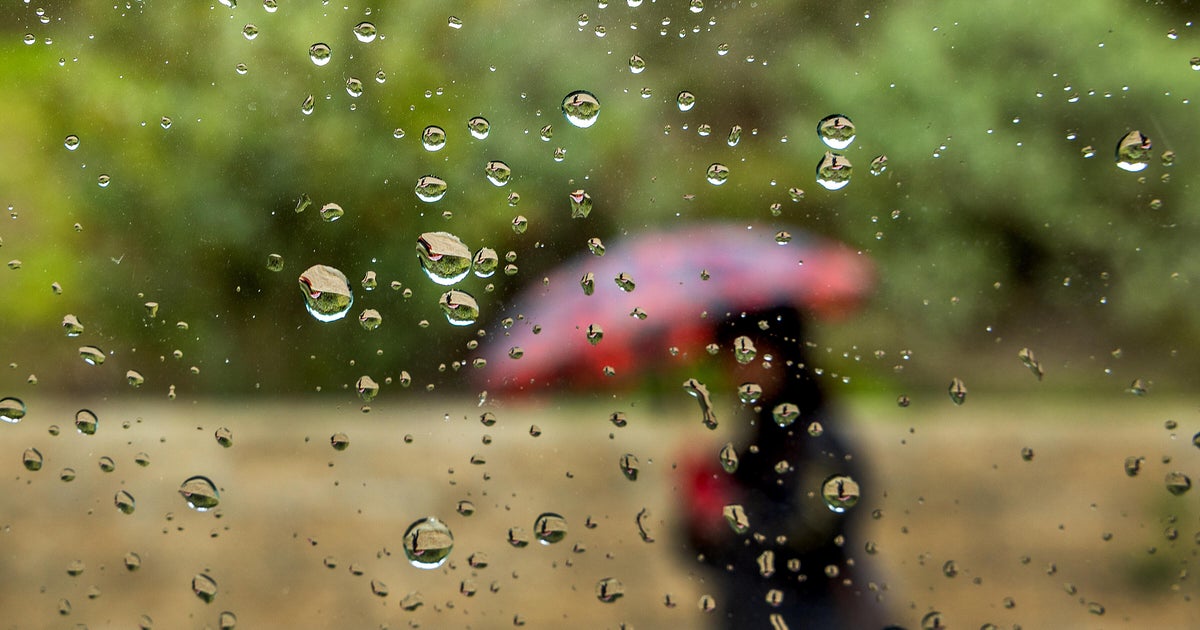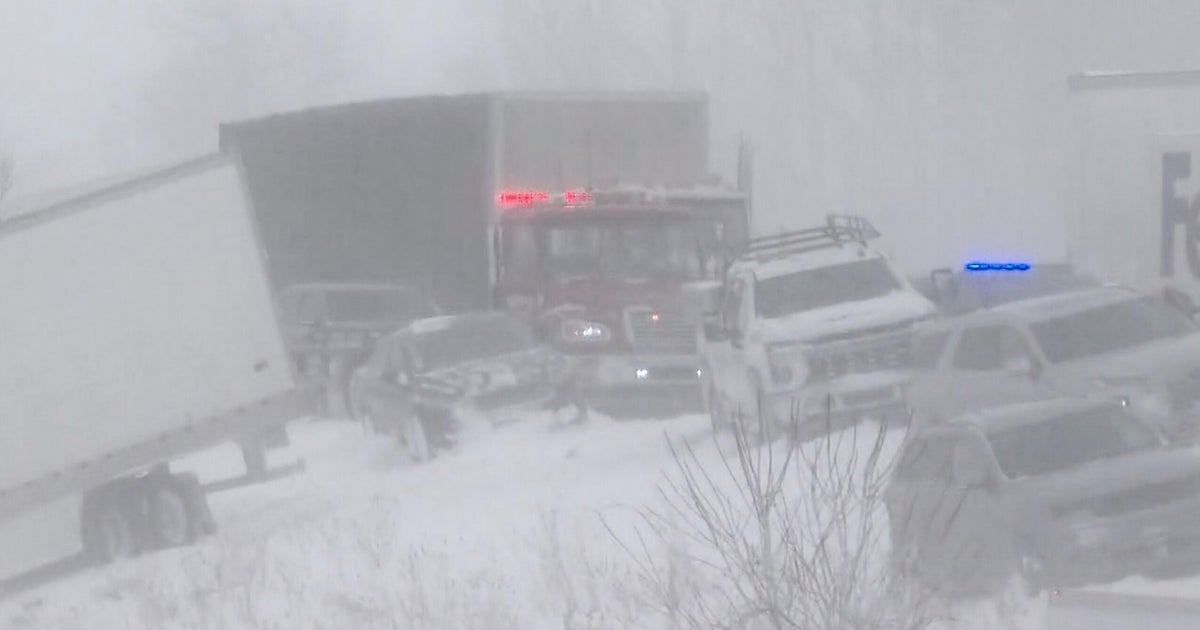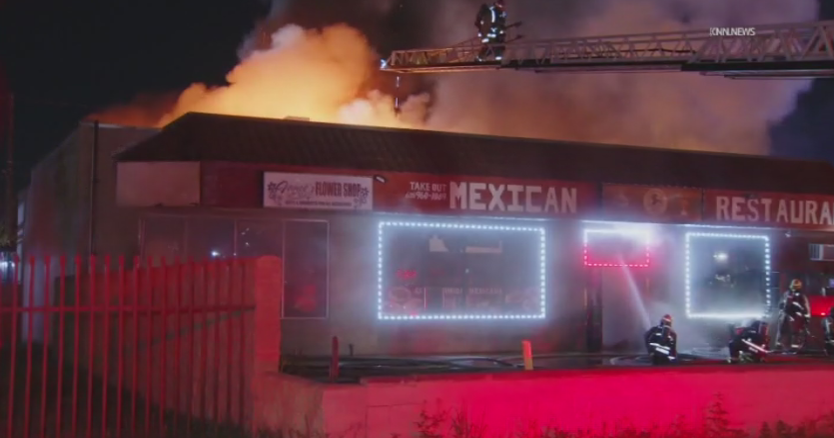Hurricane Idalia's financial toll could reach $20 billion
As states pummeled by Hurricane Idalia work to clean up, the storm is expected to cause between $12 billion and $20 billion in damage and lost economic activity, according to a new estimate.
The hurricane, which killed two people as it battered Florida's Gulf Coast after making landfall on Wednesday, also flooded streets, damaged homes, and downed trees and power lines.
Most of the losses stem from damage to property, with coastal counties in the state's Big Bend region taking the brunt of the storm's powerful winds, heavy rain and storm surge, Moody's Analytics analyst Adam Kamins said in a report. Flooding was especially severe in Tampa as well as in Charleston, South Carolina, as Idalia swept north.
"With flooding responsible for much of the damage, it will prove challenging for some affected areas to quickly get back on their feet," he said.
Despite the destruction, Idalia is unlikely to end up ranking among the most destructive hurricanes in U.S. history, with several factors combining to stem the damage. The storm's worst impact was in counties with fewer people and buildings than in other parts of Florida that have been hit by major hurricanes, Kamins noted.
"Given the relative lack of economic activity and relative absence of land constraints, property values in the Big Bend are lower than they are for much of the rest of the state, further suppressing costs," he said.
Idalia also moved faster than other hurricanes, allowing it to move out to sea before it could completely swamp affected areas.
The Big Bend area is generally described as extending from Apalachee Bay in Florida's Panhandle to the stretch of communities that curve south and east along the peninsula, including Tallahassee, the state's capital.
Hurricane Maria in 2017 caused roughly $90 billion in property damage, while losses from Hurricane Katrina in 2005 are estimated at $75 billion.
President Biden is scheduled to visit Florida on Saturday. The White House on Thursday declared a disaster in the state, making affected residents eligible for federal aid.
